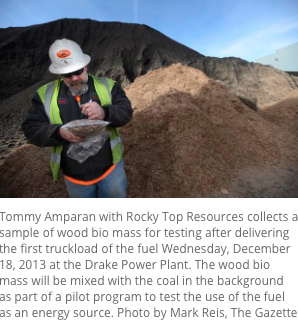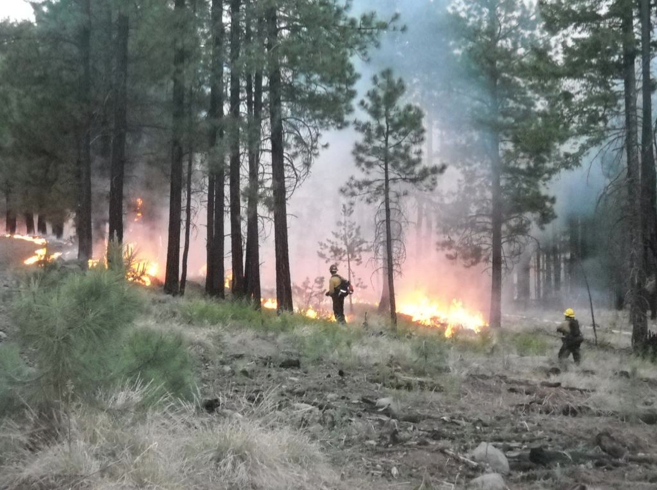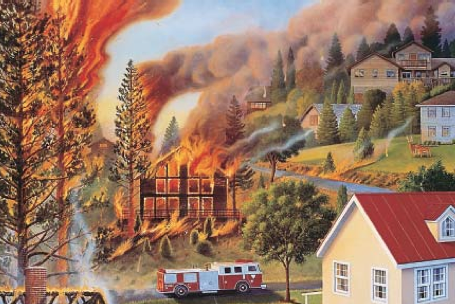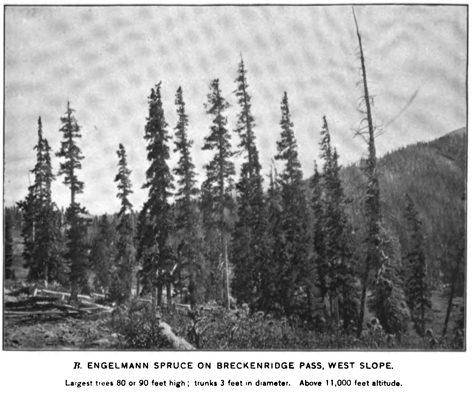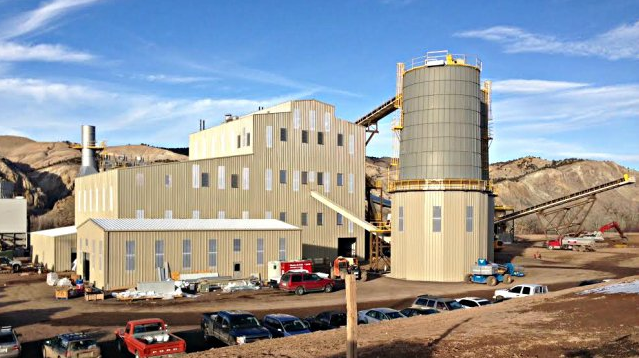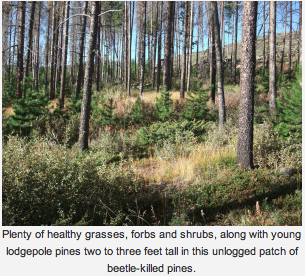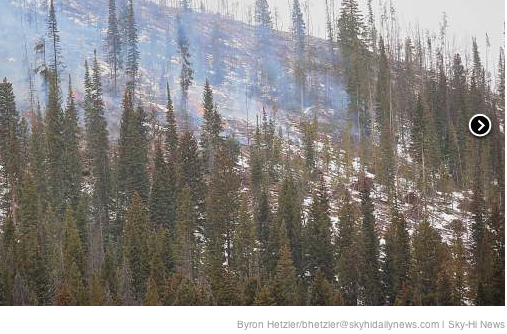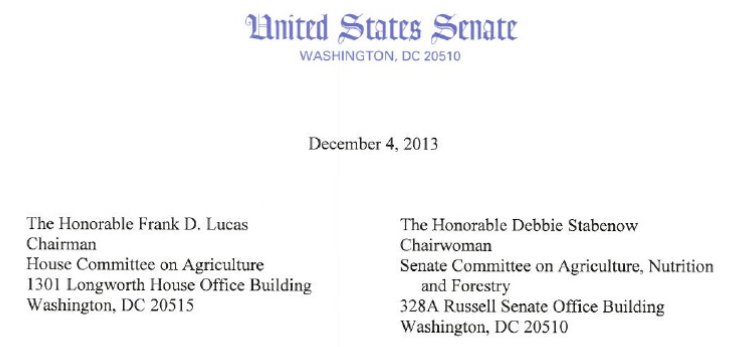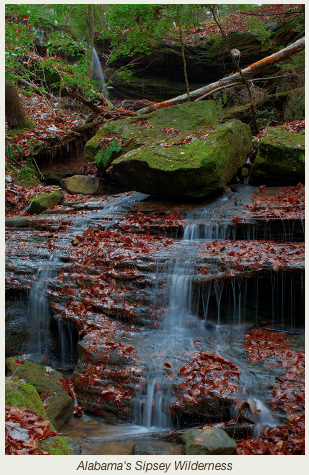Colorado Springs Utilities will be using less coal in the upcoming year. Their pilot project will study replacing some of the coal at their Drake Power Plant with biomass. What a great way to use biomass and generate cleaner energy! Read more in the following articles:
Springs Utilities to launch pilot program to burn wood biofuel by the Colorado Springs Gazette
Colorado Springs Utilities plans to use less coal next year by KRDO News 13
